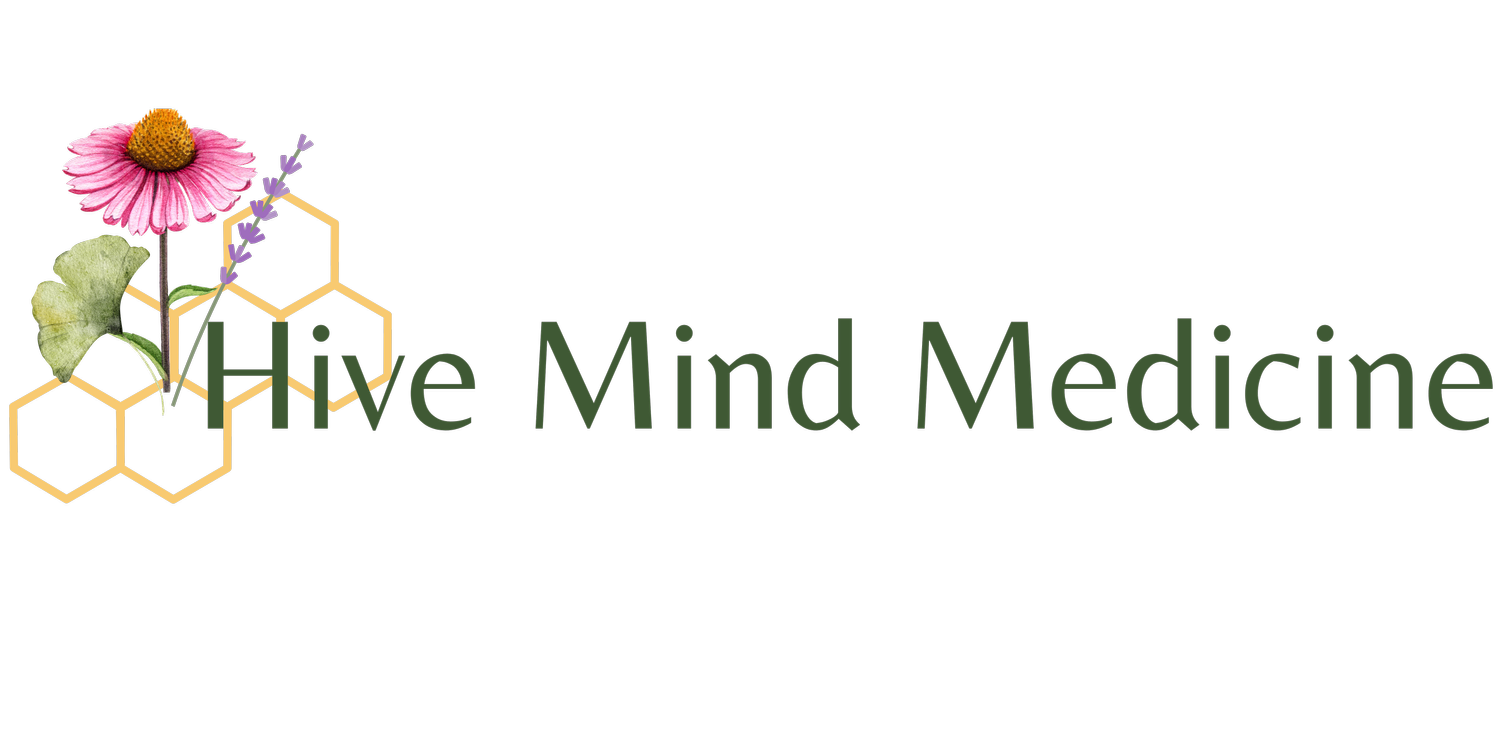Two Perspectives on the Medicinal Value of Cinnamon: Western & East Asian
by Cameron Craw, ND
West
Scientific research into cinnamon has resulted in the attribution of numerous medicinal benefits to the herb. One of the most significant for the modern American may be cinnamon's effect on blood sugar levels. According to the Center for Disease Control (CDC), more than 1 in 3 Americans have prediabetes, making foods and food-like herbs that help regulate blood sugar an important dietary consideration. The Journal of Medicinal Food conducted a "meta-analysis" (this can be thought of as an assessment of the results of a whole bunch of studies that have already been performed on a specific topic) regarding cinnamon's effect on fasting blood glucose (FBG) in people with type 2 diabetes or prediabetes. The meta-analysis concluded that both whole cinnamon and cinnamon extract have a statistically significant effect on fasting blood sugar—they lower it.
The mechanism by which cinnamon lowers blood sugar appears to be cinnamon's ability to increase a person's insulin sensitivity. Insulin sensitivity can be thought of as how willing a person's cells are to answer the door and let glucose in when insulin knocks on the door. More insulin sensitivity leads to more open cell doors and less sugar in the blood. The normal quantities of cinnamon found in your average meal are not generally considered high enough to generate significant risk of the herb interacting negatively with other forms of blood sugar management. If you are considering pursuing cinnamon at higher doses or as a concentrated therapeutic agent, please speak with a medical professional before doing so to ensure your blood sugar is properly monitored and any relevant medications are managed by a professional.
East
In East Asian Medicine (EAM)—often referred to as "Chinese Medicine" because of the oversized influence of the Chinese culture on its historical development—both cinnamon twig and cinnamon bark are used medicinally for slightly different purposes. Generally speaking, cinnamon is revered for its unique ability to mobilize and circulate the body’s life force, or "qi," while simultaneously warming and nourishing the interior of the body. Because of this uniquely strengthening and nourishing combination, cinnamon is found as a leading herb in a vast collection of EAM herbal formulas.
A large subsection of cinnamon-based, EAM formulas are utilized to combat symptoms that westerners would likely identify as arising from the "common cold" such as headache, fever/chills, body aches, spontaneous sweating, fatigue, sinus congestion, and cough. an EAM practitioner might characterize these symptoms as a sign of some form of "external invasion" by one of a collection of health disrupting environmental elements such as "wind-heat" or "wind-cold." From this perspective, it makes sense to call upon cinnamon's ability to mobilize and circulate the body's qi in order to support the body's efforts to expel this vitality disturbing invasion from the body. Couple this with its gently warming and nourishing qualities and you have just the right combination for those first few hours or days where you can feel the chills creeping across your skin despite the fact that you are under a nice thick quilt and you just had a warm cup of soup.
It is uncommon that a medicinal herb happens to taste so incredible that we would gladly consume it whether or not it was good for us. In the vast herbal materia medica, you will more often find herbs that make you pucker, gag, or simply feel indifferent when confronted with their flavor profiles. For this reason, along with the many others outlined above, cinnamon is a precious herbal medicine that is very popular and boasts widespread culinary use. At the closing of this year, with the ever-crisping air and shorter, shallower sun cycles we might all benefit from an extra dash of cinnamon in our steel cut oats, coffee, chai tea, pumpkin spice latte, or just about anything else that we might consume to help warm and enliven us!
1. Davis PA, Yokoyama W. Cinnamon intake lowers fasting blood glucose: meta-analysis. J Med Food. 2011;14(9):884-889. doi:10.1089/jmf.2010.0180
2. Anderson RA. Chromium and polyphenols from cinnamon improve insulin sensitivity. Proc Nutr Soc. 2008;67(1):48-53. doi:10.1017/S0029665108006010
Dr. Craw is Hive Mind Medicine’s resident for the 2023/24 academic cycle. He received his doctorate in Naturopathic medicine at the National University of Natural Medicine (NUNM) in 2023. He is currently completing a master’s degree in acupuncture. Prior to graduation, Dr. Craw spent three terms on Dr. Sandberg-Lewis's Gastrointestinal Mentor Shift.
Hive Mind Medicine blog posts are for educational purposes only and are not intended as medical advice. Please consult with your health care practitioner for personalized guidance.
